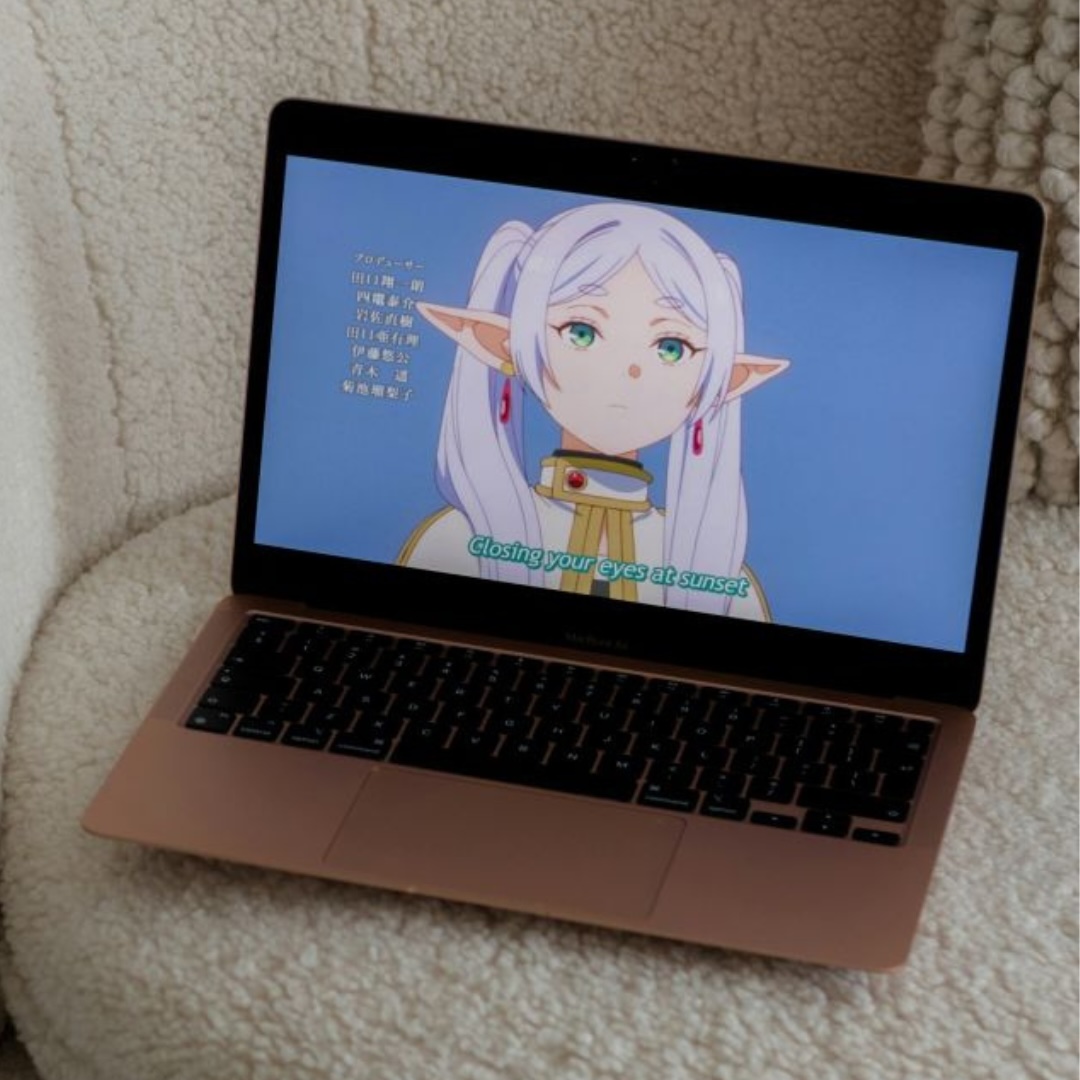JotMe Max
JotMe Lite

Chrome

In today's fast-paced world, work occupies a significant portion of our lives. For many, it's more than just a means to an end; it's a central part of our identity and purpose. But what happens when you don't love what you do? Can you still find fulfillment and happiness in life? This blog explores the profound connection between loving your work and loving your life.
Loving your work is essential because it comprises a significant portion of your life—about 70%. Without love for your work, you may find it challenging to love your life, as they are deeply intertwined. Jensen Huang, co-founder of Nvidia, highlighted this when he said, "Well, starting tomorrow, work is the rest of your life... find joy in work, find work that gives you great joy, or just follow love with whatever work you do. That's the only way you're going to do your best work. That's the only way you're going to do exquisite work."
Your work and your life are inextricably linked. The time you spend working is time spent living, and if you can't love your work, you might struggle to love your life. When you wake up each day with a sense of dread about your job, it can spill over into other aspects of your life, leading to a pervasive sense of dissatisfaction. Steve Jobs encapsulated this sentiment perfectly in his Stanford commencement speech: "Your work is going to fill a large part of your life, and the only way to be truly satisfied is to do what you believe is great work. And the only way to do great work is to love what you do."
Not being able to love your work means you may struggle to respect and value the time you spend. Time is our most precious resource, and wasting it is equivalent to wasting life. If you find yourself disliking the time you spend at work, it’s a clear sign that something needs to change. Loving your work means you value your time, and by extension, you value your life.
Work should be something you genuinely want to do, not something you feel obligated to do. This mindset shift is crucial. When you approach work as a passion rather than a duty, it transforms your relationship with it. You become more engaged, motivated, and satisfied. This enthusiasm for your work can lead to greater creativity, productivity, and overall success.
If you currently don't love your work, it's important to reflect on why. Are you in the wrong field? Do you need to change your role or company? Sometimes, it's not the work itself but the environment or the people you work with that can affect your feelings. Consider what changes you can make to align your work with your passions and values. As Jensen Huang said, "Instead of working for a living, think of it as your life's work... I wish for you to love your work as much as I've loved my work."
Loving your work is not a luxury; it's a necessity for a fulfilling life. By finding joy and purpose in what you do, you can transform not only your professional life but your entire existence. Remember, wasting time is wasting life. When you love the time you spend working, you love your life. So, take the steps needed to find or create work that you can truly love, and watch as it enriches every aspect of your life. To quote Steve Jobs, "If you haven’t found it yet, keep looking. Don’t settle."

Win Globally


